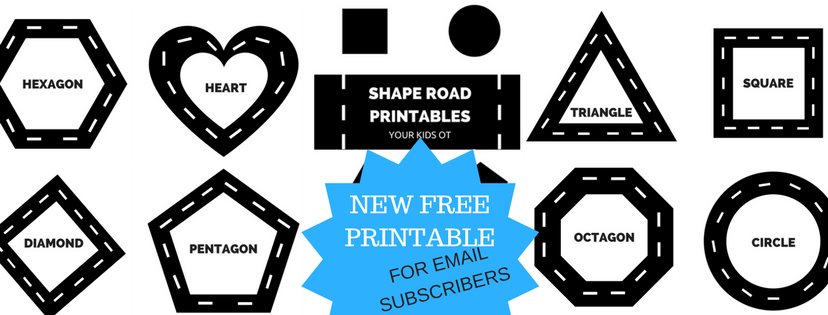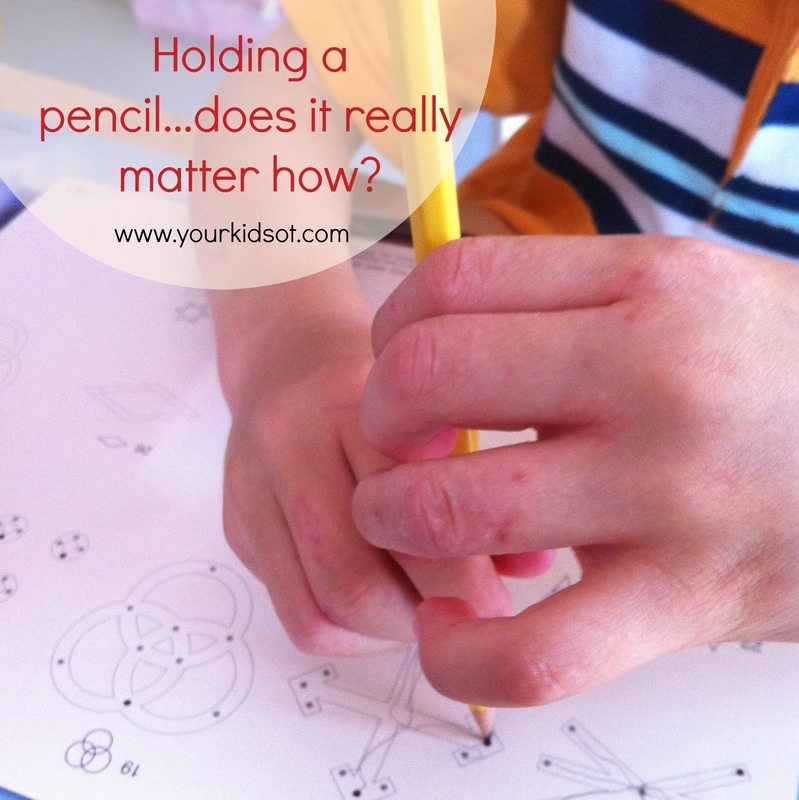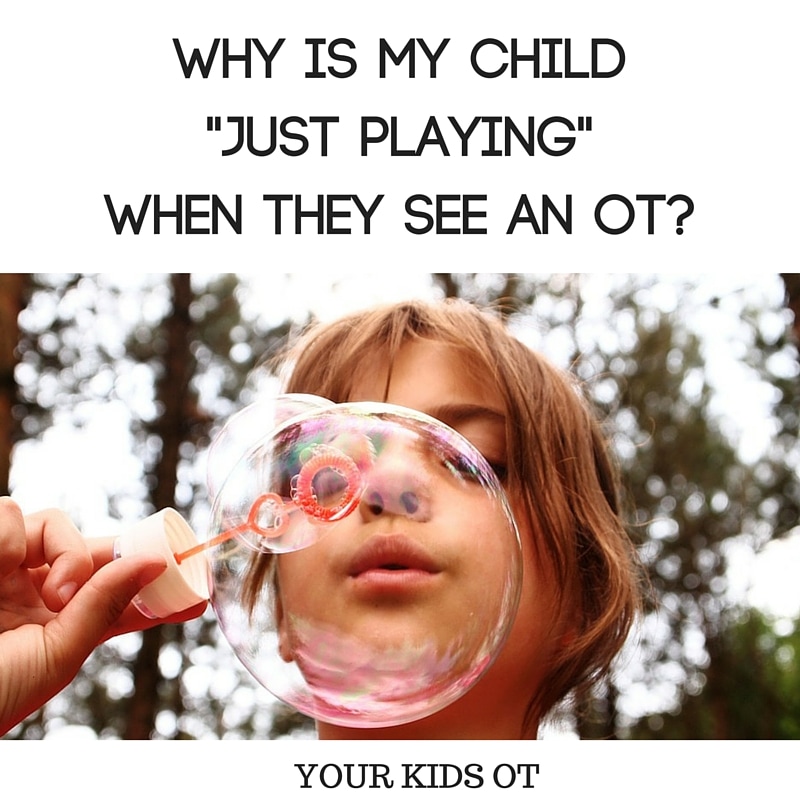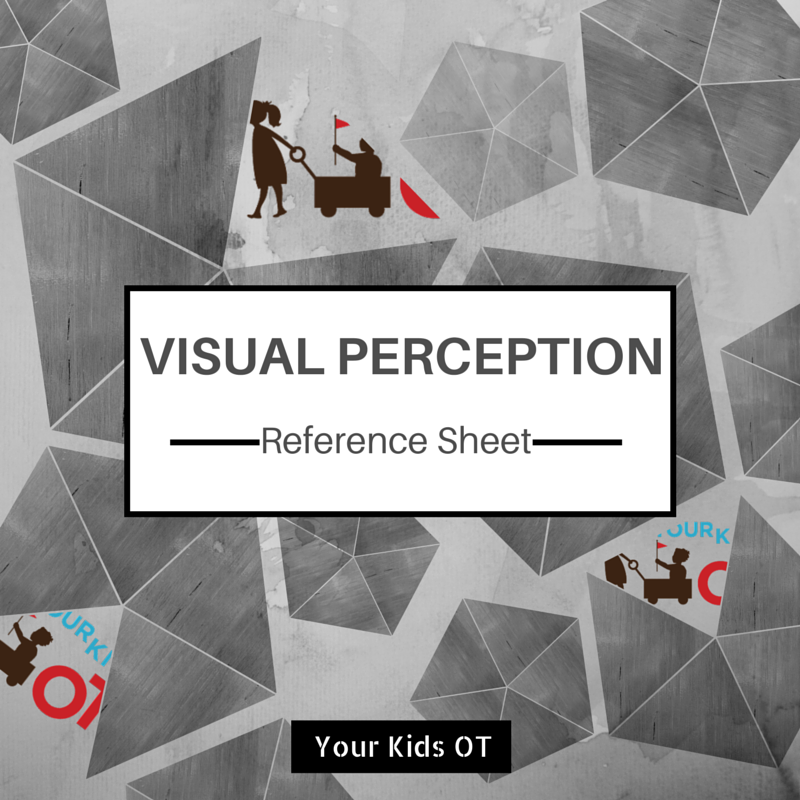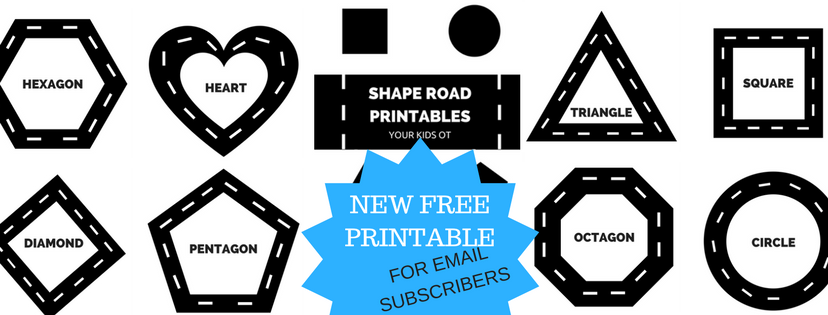|
Louise is a mum of 2 children living in Sydney, Australia. This is her experience of how sensory processing affects her son and how Occupational Therapy helped him.
Q1. What were some of the concerns you had for Tom that you felt needed to be addressed? Since Tom was a toddler there were things about Tom that seemed a bit odd, that we just put down to his personality, and the fact that all kids are different. As a toddler he never liked rough games, and couldn’t stand being put on a swing. At preschool the staff felt things didn't seem quite right and asked the Early Intervention Team to come and assess him, but the team determined he was developmentally age appropriate. Q2. What treatment or advice did you seek initially? Tom’s Year 2 teacher was special needs trained, and immediately had concerns about him. She wanted us to get his hearing tested, and to see a paediatrician. Tom’s hearing test came back as normal. The paediatrician read the letter from Tom’s teacher and had me fill in a checklist of about 10 items. After the half hour appointment he diagnosed Tom with ADD, wanted us to get an ECG (to check his heart was OK), and if his heart was good he would start him on Ritalin. The next day I spoke with Tom’s teacher, who indicated she didn’t believe he had ADD, but suggested we keep looking for a different answer. We then saw a paediatric clinical psychologist who spent 2 hours with Tom, and gave us and his school teacher very comprehensive forms to fill in. Her assessment was that Tom had no developmental disorders. At this stage Tom was fed up with going to different people, so we stopped investigating.
Q4. How was Tom assessed and what was identified as Tom’s difficulties by the OT?
Tom had a two hour assessment, which consisted of formal tests – some pen/paper tests, some tests with headphones on, some physical based tests, as well as unstructured time “playing” where he was closely observed. I was also interviewed about my understanding of Tom, and his school teacher had some reports to complete also. After that, three main areas of concern were identified: Tactile (touch) defensiveness – Tom was over responding to touch sensations, finding them unpleasant Auditory (sound) processing problems – Tom was over responding to auditory sensations, and not filtering out unimportant noises. Apparently we are supposed to focus more on sounds in the human voice range, and be able to block out background noise, but Tom wasn't able to do that. Vestibular (movement) processing problems – This was observed as he “played” on things like climbing frames, hammocks, and balls. There were some things that he avoided that were too uncomfortable for him, but of the activities he did do they wound him up and almost made him “hyper”. Q5. What “treatment” did Tom receive? What did Tom think of this “treatment”? For tactile defensiveness – we were given a brushing program, which meant we had a soft brush that we had to systematically rub over his skin. Initially it was every hour (during school holidays) but then dropped back to a couple of times a day. Tom hated it at first, for him it felt like it was hurting him, but in time it became quite a calming thing for him. Auditory processing problems – We were given a CD listening program, which was designed to settle his sensory system, and help with his auditory processing. It was strange music with odd mixes of frequencies. He had to wear headphones with the music playing at breakfast and at dinner time. He had to carry on normal conversation, with the music in the background, teaching his brain to filter out the unimportant noise. Again with this, Tom found it very unpleasant at first, but it became something he was happy to do in time.
Tom was also offered a position at Camp Jabiru (run by the Sensory Gym), a week long camp for kids with sensory processing problems. The idea was that they would try different activities in a supported environment. Tom did this in Year 4, and had to be physically restrained for us to leave, as he was so anxious. He had a fantastic week though, and was able to draw a lot of confidence from it. He opted out of the high ropes course, but did a range of things including canoeing, rock climbing, and the low ropes course. It meant that when his first school camp happened in Year 5 that he had already had the experience of being away from home, and doing different things. He went on school camp feeling like he could do it, because he had “success” on Camp Jabiru.
General sensory integration – to help with general sensory integration we were given a sensory “diet”, a routine of activities designed to help his sensory system be settled. It involved things like bear crawls, and tug of war with a towel, and lifting up the lounge. We tried to do these things each morning before school to settle his sensory system. Some of these activities he enjoyed more than others. 4 years later when he is unsettled, he will initiate these sorts of activities – he will occasionally pick up the table a few times, or wrap himself up tightly in his bed sheets. Q6. Did you see any progress during the time of “treatment”? After 12 months Tom was discharged from the program. He made great progress with tactile defensiveness, was more focused in conversation and at school as his auditory processing was improved, and coped much better with movement activities. Q7. Do you think Tom’s treatment has had long-term benefits in the way he processes sensory information? It was explained to us that Tom would not be “cured”, but that he would be more able to manage his sensory issues. With tactile processing – 4 years later, Tom is much more able to tolerate strange and different sensations. There still are issues at times, like this year with the change into winter uniform, and the button at his neck and the buttons on his wrists “hurt”. He still interprets someone bumping into him, or treading on his foot, as them hurting him and reacts more than another child would. As parents we can now understand, and respond more helpfully to him. He also has more skills to manage this too. With auditory processing - Tom is now able to be quite focused in class, and is doing well academically. There are times when he is unsettled, that I need to work to get his attention, but on the whole he is managing well with focusing attention. With vestibular processing - Tom is now much more able to be involved in physical activities and doesn’t have the same anxiety stopping him. He is still careful with rides at shows and theme parks, and will assess carefully beforehand if it is something he thinks he can manage. He is able to get involved in school and youth group camps well, and generally participates as would be expected. Q8. Is there anything else you would like to share with other parents or teachers about sensory processing? Sensory processing disorder is tricky to get a diagnosis for, as it is not widely recognised by the medical community. The process of being sent from person to person, trying to get someone who knows what is going on, is hard both for you as the parent and for your child. It is hard as a parent because at times it seems like you have a difficult or naughty child who refuses to participate and communicate appropriately. It is hard not to think of yourself as a “bad parent”. Thankfully, Occupational Therapists who specialize in Sensory Processing Disorder do have lots of tools to help our kids function more effectively. We were recommended a book which was also very helpful “The Out-of-Sync Child – recognizing and coping with Sensory Processing Disorder – by Carol Stock Kranowitz”. My hope as a parent is that I can love Tom well, learn all that I can about him, and learn how to support him to be as independent as he can be.
Note: Photographs included in this blog are general in nature and are not of "Tom". This page contains affiliate links.
Gail
12/6/2014 06:00:55 am
Love this Blog...Thank-you
Lori Howell
19/7/2014 06:41:01 pm
Cindy, 20/7/2014 12:52:05 pm
Hi Lori, Thanks for your comment. I work as a mobile therapist now so do not have access to a sensory gym. Here is a short answer but I will post more about this in the future. I really try to incorporate a sensory diet into a child's daily routine as they need to be able to regulate throughout the day/week. Equipment I bring with me includes a therapy ball, scooter board, theraputty, therapy banding and that's about it. At home, sensory based activities I suggest include animal walks, skipping, swing or hammock (if possible), crunchy food, chewing gum, blanket/towel resistance and wrapping, etc. Hope that helps for now. 28/7/2014 07:29:52 am
My children have sensory issues as part of their autism, so this was really lovely to read. It is nice to hear others experiences and strategies.
What a great story about the benefits of Sensory Processing treatment! Thank you for sharing this! 2/8/2014 09:23:04 am
Thanks for your comments Kim. Sensory Processing is not my primary focus area so I use the Sensory Profile and clinical observations. I don't specifically have an evaluation for executive functioning, however, I was working with an OT previously who was working on the development of such a tool as a part of her Phd, using the PRPP framework so not for distribution at this stage. Comments are closed.
|
AuthorHi, I'm Cindy and I am an Occupational Therapist. I enjoy working creatively with children to see them reach their potential. Read more about me here. SEARCH THIS SITE
Archives
June 2024
Categories
All
Popular Posts |
Join the YKOT e-newsletter!
Subscribe to get our latest content by email and receive
the SHAPE ROADS PRINTABLE NOW!

Success! Now check your email to confirm your subscription and receive your free printable!
Join our Mailing List!
Subscribe to get our latest content by email and receive
the SHAPE ROADS PRINTABLE NOW as a thankyou!

Success! Now check your email to confirm your subscription and receive your free printable!
Disclaimer: The information on this site is general in nature and should be used for educational and entertainment purposes. The activities are safe for most children, however, you should consult an Occupational Therapist or health professional to address specific movement, sensory or other medical conditions. This blog does not replace formal therapeutic professional advice given by a health professional or medical practitioner. Reviews and endorsements of products will only be made based on my expertise and personal opinion; and deemed worthy of such endorsement. The opinions shared in sponsored content will always be my own and not that of the advertising company or brand. Content, advertising space or posts will be clearly identified if paid, affiliated or sponsored. Affiliate links may be found throughout this website in advertising. This means that if you follow through with a purchase from these links, Your Kids OT will receive a percentage of the sale. Your Kids OT undertakes to meet the requirements of the "Social Media Policy" as published by Australian Health Practitioner Regulation Agency (AHPRA). Further information about this policy can be found here.
Find meFollow me |
About me
AuthorHi, I'm Cindy and I am an Occupational Therapist. I enjoy working creatively with children to see them reach their potential. Read more about me here. |
Copyright © 2017 Your Kid OT

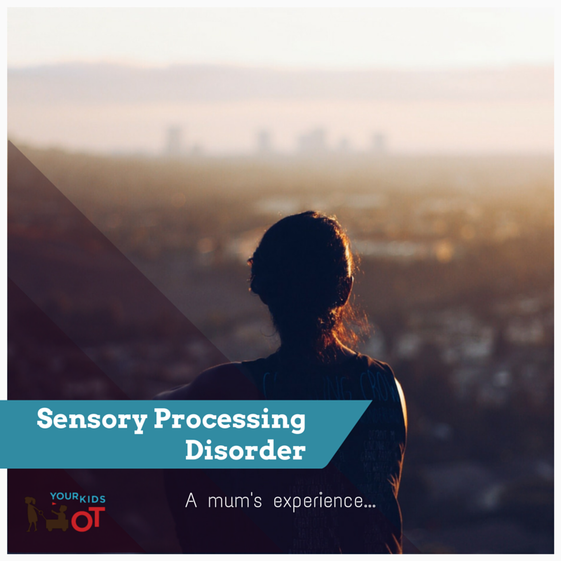

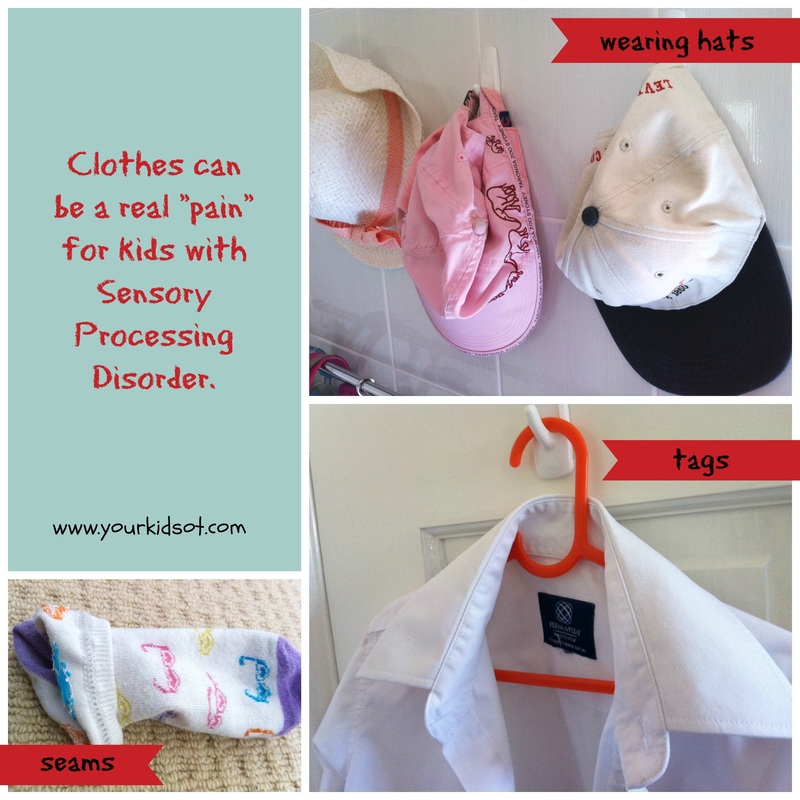
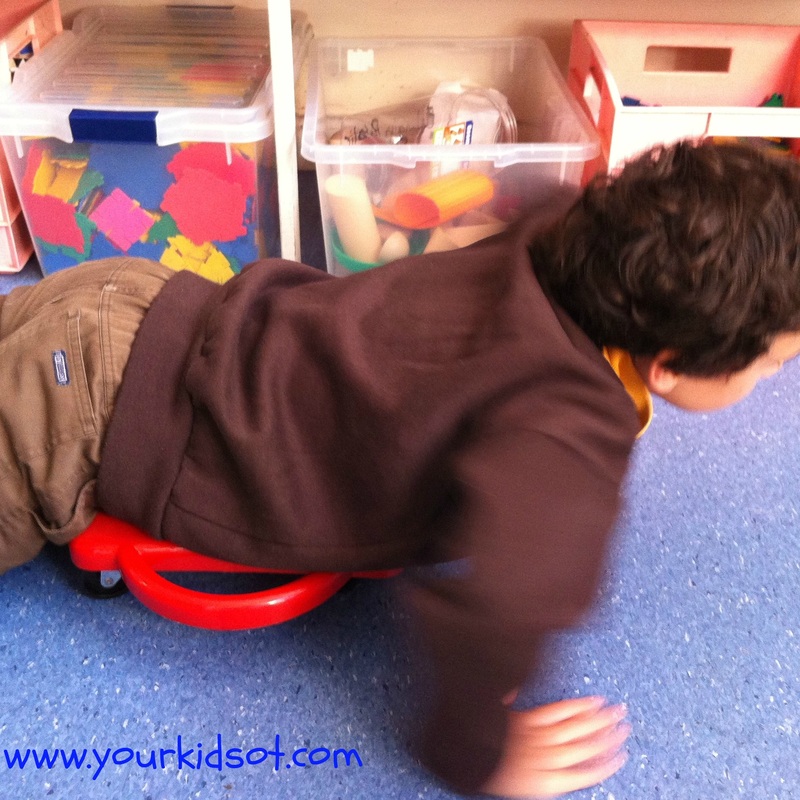

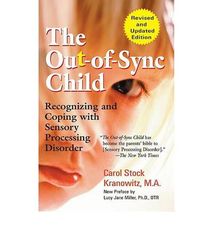
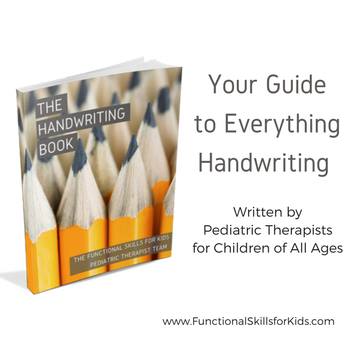
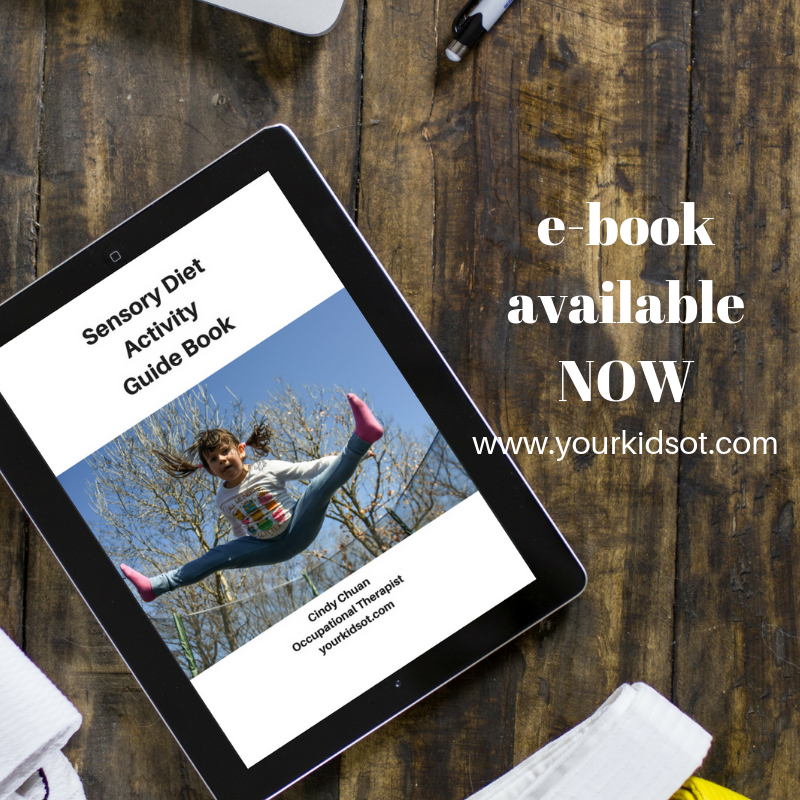
 RSS Feed
RSS Feed
